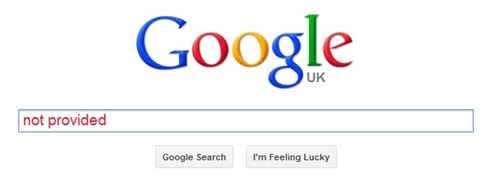Internet may be poor source for medical information
The Internet has revolutionized almost every aspect of life since its introduction in the late 1990s. From personal use to commercial applications, an interconnected system of communicating machines opened up so many possibilities for technological innovations.
For the most part, this trend was a positive one. However, the issue of the validity of information on the Internet has been in question for years. The multiplicity of speakers online has led to certain complaints over what to trust when it comes to searching for information online. When it comes to the health care industry, patients are not immune to misinformation. According to a study from researchers at the University of Florida and published in the journal Decision Support Systems, online searches for certain medicinal categories yield consistently incorrect or improper information and advice.
Searching for good searches
Search engines such as Google, Bing and Yahoo are ubiquitous in every day life. People get answers to their questions on weather, what entertainment options to pursue and how to cook the perfect meal. Increasingly, people are also asking questions about their health and medical conditions.
According to the researchers of the University of Florida study, however, the Internet is not very good at getting those questions right.
The researchers reviewed information from search engine queries on 2,000 different health care-related phrases using Google's website. Google uses a complex ranking algorithm that lists websites higher that offer relevant content that comprehensively answers a question.
However, the study found that searches for health care information often lead to incorrect information, particularly when they searched for terms such as preventive health and social health issues. There were also sources that offered high-quality health information, but the report concluded that there is very little uniformity among online medical information resources.
Analyzing the data
Brent Kitchens, lead author of the study, underscored the importance for patients to understand how the prevalence of incorrect information on the Internet threatens them.
"Inaccurate or misleading results could lead people to ignore important symptoms and delay or even refuse recommended health care," Kitchens said in a statement. "Low-quality results could also lead people to seek unnecessary health care or implement unproven or potentially harmful at-home treatments."
The researchers called for the health care industry to commit more resources to cleaning up online information on medical issues and treatments. An informed patient base is important for engagement strategies, but people must have high-quality information at all times for this to happen.
According to the Pew Research Internet Project, 72 percent of all Internet users have looked up information on health conditions at least once in their lifetimes. Of this number, 77 percent of all searches for medical advice began at a mainstream search engine such as Google or Yahoo.
General search engines may not provide as accurate information as other websites, the University of Florida report explained. The Pew Research Internet Project outlined that only 13 percent of Internet users begin their searches of specific sites such as WebMD, though an additional 1 percent reported that they started at a social networking site such as Facebook.



